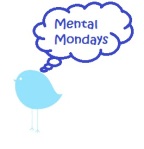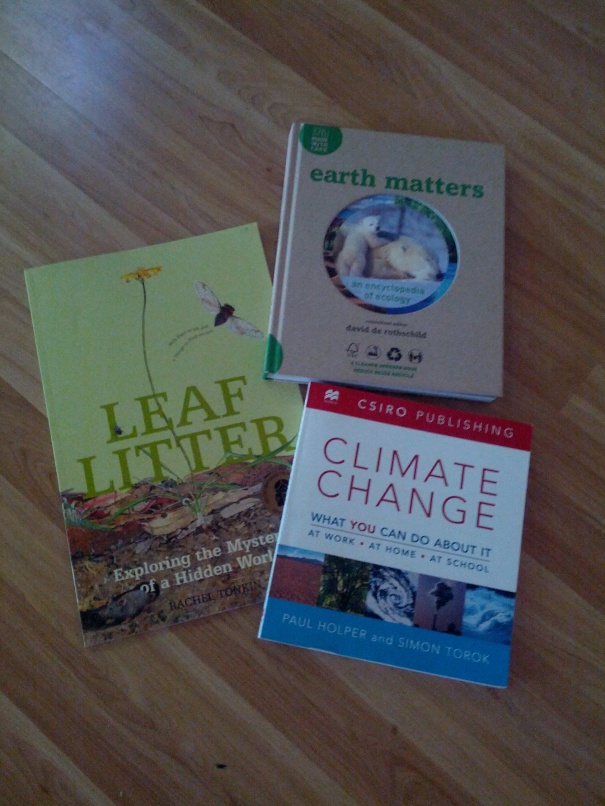
Ever since I was little I loved to read. On a weekend we would visit the library and come back with a bag full of books. Usually by the end of the first day I had read most, if not all, of them!
I definitely have some obsesive compulsive behaviours when it comes to reading (something I believe I got from my mum). I can’t put a book down once I’ve started it. I have gotten better, especially since being sick (I now can’t read that long so I have to put the book down), but there was a time there when mum would say lights out and I’d sneak under the covers with my bedside lamp and keep reading once she left the room. Sometimes I’d read until 3 or 4 in the morning, and once I even burnt a hole in the covers because the lamp got too hot under the blankets! 🙂
I have also always needed to have something new to do, and in particular something new to research. In the school holidays I would often ask mum to give me a topic that I could research in the library and make up a poster or presentation of some sort on.
You may be wondering where I’m going with this?
Well, I’m trying to give you a bit of background into what I want to talk about today. The importance reading and writing has had in my life and why I believe that providing the right materials is important as part of any successful campaign to change peoples’ perceptions and behaviours.
At this point I have to interject and just let you know that I believe, as many others who work in the field, that you can’t change the way someone behaves just by telling them what they should be doing. People need to come to the decision themselves and the way we can help them do that is by helping them to build their understanding and awareness of a topic. Once people have all the information they need to come to their own decision on what to do with that information.
My career up until this point has been focused on sustainability. I have organised and run many workshops and seminars on topics related to sustainability such as water and energy conservation, growing your own food, and protecting biodiversity. One thing I have always found useful is to have texts available during these workshops and seminars that are simple and clear that people could browse through during the breaks in the sessions or before and after.

It didn’t seem to matter what age the audience was, primary school through to corporate professionals, there would always be at least one person who learnt something from looking through the books.
Having started my degree in primary school education, I know that every individual learns in a different way and so any lesson needs to be planned in a way that engages all the learning types. Some learn by watching, others by listening and yet others learn by physically doing or feeling something themselves. People don’t necessarily fit into one category either and may learn in a variety of ways. For example, I tend to prefer learning by watching someone actually do something and then by doing that thing myself but I also enjoy learning from reading books and discovering new ideas.
How does this all fit in with planning a successful behaviour change campaign?
When I fell sick I looked for simple books, like those pictured above, about what I was going through. I couldn’t find any. All the books I found were written in more complex terms (focussed directly at adults) or were autobiographical.
I believe the first step to launching a successful campaign to raise awareness for invisible illnesses is producing at least one book at this very simple, basic level.
This is what I am aiming to do as the start of my campaign.
I have written up the story of Foggy Frog and the Pain Gang in a way that can be turned into a picture book suitable for both children and adults. This book obviously focusses purely on explaining symptoms but as I keep saying this is just the first step.
Lynn from Lynn Paints It has agreed to illustrate the book for me and has begun work on developing the characters and the story board.
But we are going to need the help of the Spoonie Community, all of you out there that suffer from invisible illness, as well as everyone else who wants to support us.
I’m currently in the process of working out how to get this support and will keep you updated in future posts about how you can participate and help out.
How do you prefer to learn?
Would you be interested in helping us out in any way with our awareness raising campaign? Contact me if you are either by a comment below or via the Say Hello… tab.
